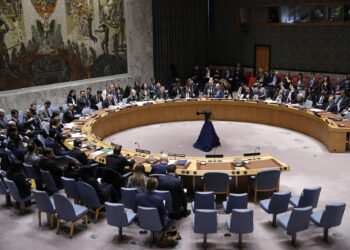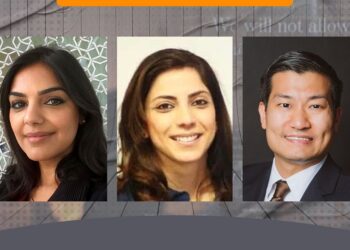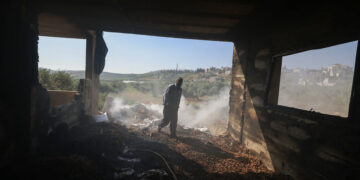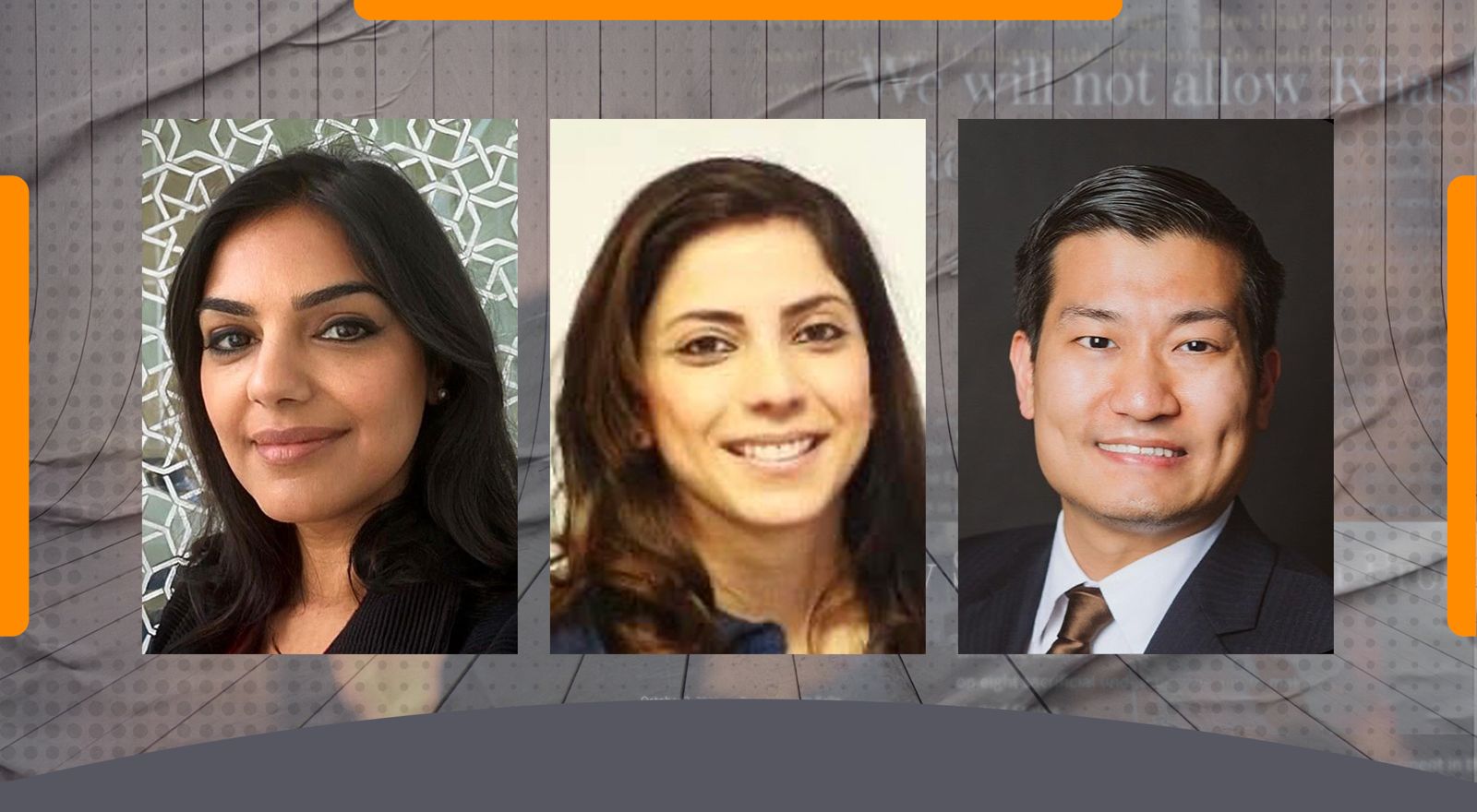Nihad Awad is the co-founder and Executive Director of the Council on American-Islamic Relations (CAIR), the largest Muslim advocacy group in the United States. He also serves as Chairman of the Board at DAWN.
عربي
Three years ago, Jamal Khashoggi walked into the Saudi Consulate in Istanbul to retrieve documents for his impending marriage. He never walked out. Instead, and as the U.S. government's own intelligence reports conclude, the Saudi journalist and columnist for The Washington Post was murdered by a 15-man hit squad dispatched by none other than Saudi Crown Prince Mohammed bin Salman, widely known as MBS.
The brazen nature of Jamal's murder shocked the world; yet three years later, neither MBS nor any other high-level Saudi officials implicated in the heinous crime have faced any meaningful repercussions. As activists and allies around the world renew calls for justice and accountability, I'd like to pause and remember Jamal the person—who he was, what he stood for and how his legacy can live on.
Over the course of his life, Jamal was many things to many people: from husband and father, to government insider and political commentator, to journalist and political dissident. For me, Jamal was, first and foremost, a friend. We met back in the late 1990s, when I sought him out during a trip to Saudi Arabia. At the time, he was writing for Al-Hayat, the pan-Arab daily, and I was leading the Council on American-Islamic Relations (CAIR) through its early years. Today, CAIR is the largest Muslim civil liberties organization in the United States.
An avid follower of Jamal's writing, I was eager to meet the man behind the words and to tell him about CAIR's work on the other side of the globe. When I entered his office, I expected to see large portraits of the Saudi royal family on the walls; you cannot go anywhere in the Arab world without being greeted by the picture of the ruler and his second in line. Instead, I was confronted with the iconic picture of the lone man standing in front of the column of tanks in Beijing's Tiananmen Square.
Jamal believed in the power of the press to hold governments and other institutions to account. He also came to believe that, though imperfect, democracy is the best form of government for building a peaceful, stable world.
- Nihad Awad
As Jamal and I spoke, my eyes kept drifting back to "Tank Man," as he is known. That picture told me more about the man sitting in front of me than any of his articles, or anything he would share in that initial conversation. It told me that deep inside, Jamal was an activist.
When we first met, Jamal was able to strike a balance between reporting the truth and critiquing the Saudi regime's shortcomings without being shut down by it. Things changed in 2011 when, in response to the Arab Spring uprisings that swept the region, the kingdom began to crack down on journalists and human rights advocates.
Jamal tried to adapt to the new, repressive environment—and for a while, he succeeded. But as the years went by, and as the Saudi government harassed and detained a growing number of his friends and colleagues, Jamal found it harder to censor himself. By September 2017, he had been fired from a series of journalism jobs and effectively barred from the profession in Saudi Arabia.
Fearing for his safety and unable to do what he loved, Jamal went into self-imposed exile in the United States, where he began writing a column for The Washington Post. Jamal was finally free to write what he wanted. What he did with that freedom—speak truth to power—cost him his life. But while a person can die, an idea, a vision, cannot.
Let us demand accountability not only for Jamal's assassination—including by calling upon President Joe Biden to make good on his campaign promise to hold MBS and his co-conspirators accountable for the crime—but also for the millions of people living under repressive, violent regimes in the Arab world, many of which are propped up by the U.S. government.
- Nihad Awad
Jamal believed in the power of the press to hold governments and other institutions to account. He also came to believe that, though imperfect, democracy is the best form of government for building a peaceful, stable world. That is why just a few months before his murder, in June 2018, Jamal, two like-minded friends and I co-founded Democracy for the Arab World Now (DAWN), a nonprofit that promotes democracy, human rights and the rule of law in the Middle East and North Africa.
Jamal envisioned DAWN as an institution through which the voices of people like him—Arab dissidents, activists, journalists and others with visions for their countries that are based on liberty and dignity—could be heard by those in power. We also wanted DAWN to help hold accountable both the corrupt regimes of the Middle East and their enablers, including the U.S. government. Unfortunately, Jamal was killed before he could see this dream come to fruition.
As we mark the anniversary of Jamal's murder, let us also remember his vision for the Middle East and North Africa and recognize that we are still far from achieving it. Let us demand accountability not only for Jamal's assassination—including by calling upon President Joe Biden to make good on his campaign promise to hold MBS and his co-conspirators accountable for the crime—but also for the millions of people living under repressive, violent regimes in the Arab world, many of which are propped up by the U.S. government. And let us support those Arab activists and dissidents who dare to speak out and organize to change the status quo, despite the risks.
Jamal Khashoggi was one victim of Saudi repression. Thousands more are currently behind bars in his home country, as political prisoners subject to torture and other abuses. Still more victims are imprisoned in other countries across the region. If we really want to honor Jamal, we must fight not only for justice for him, but for justice for all. It's what my friend would have wanted.







































